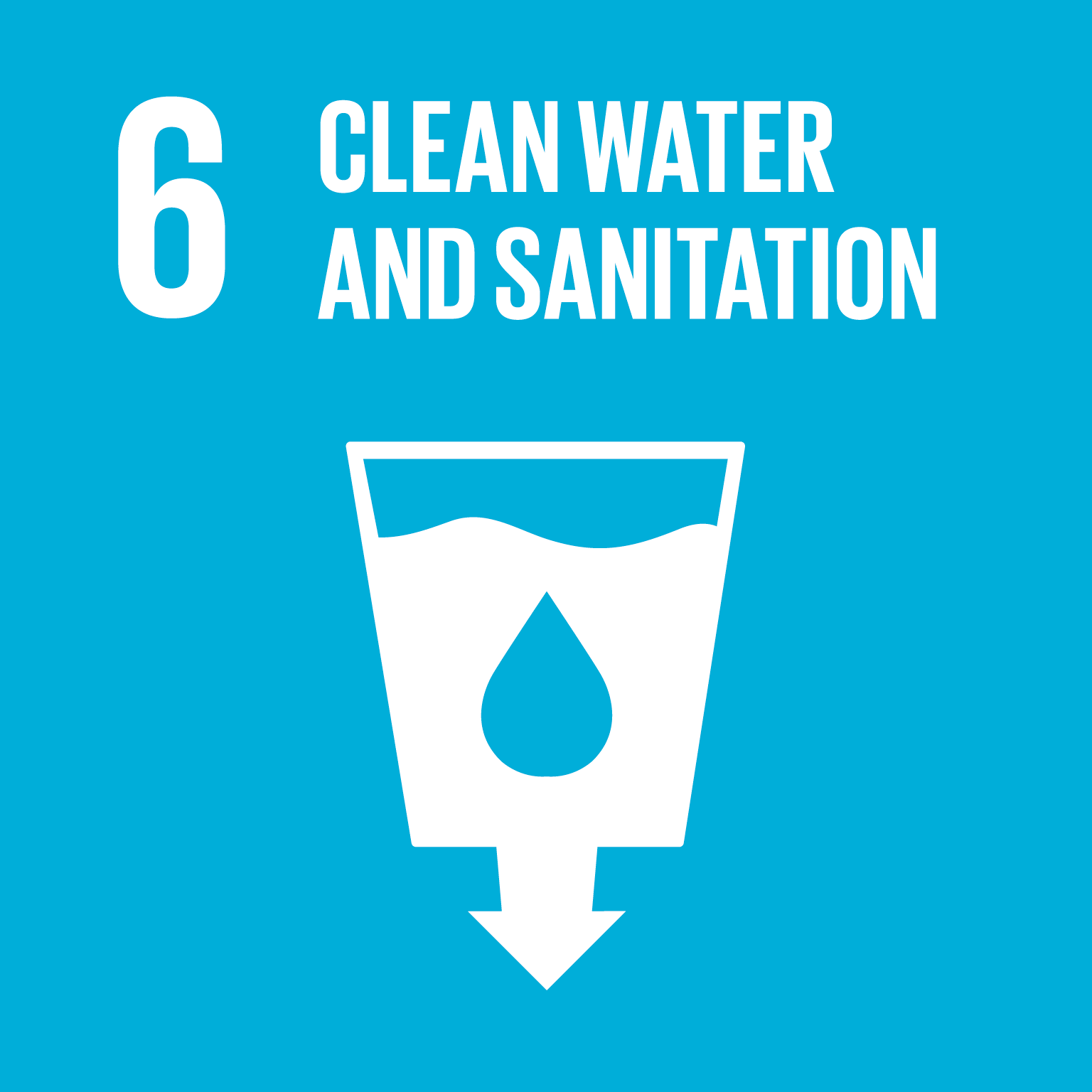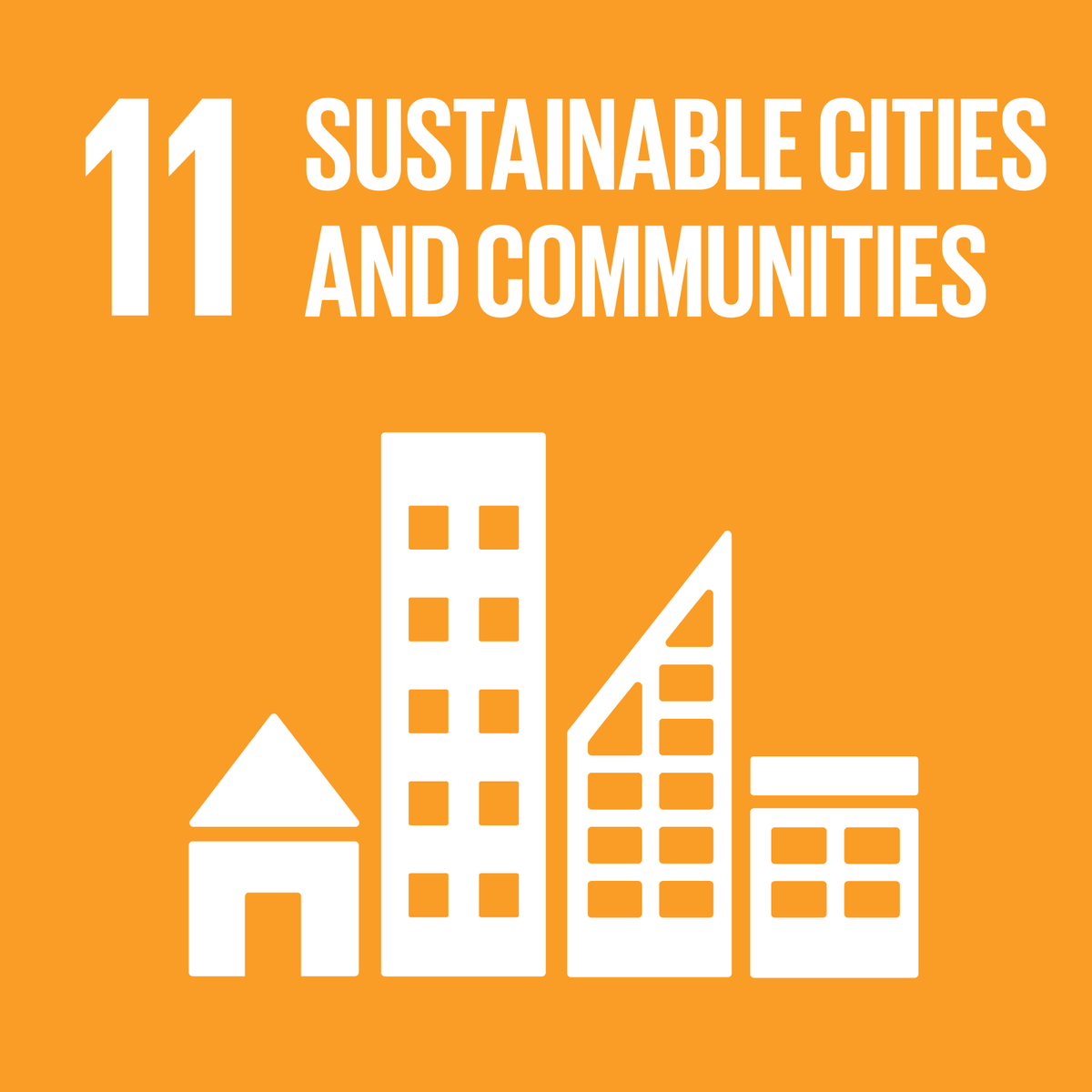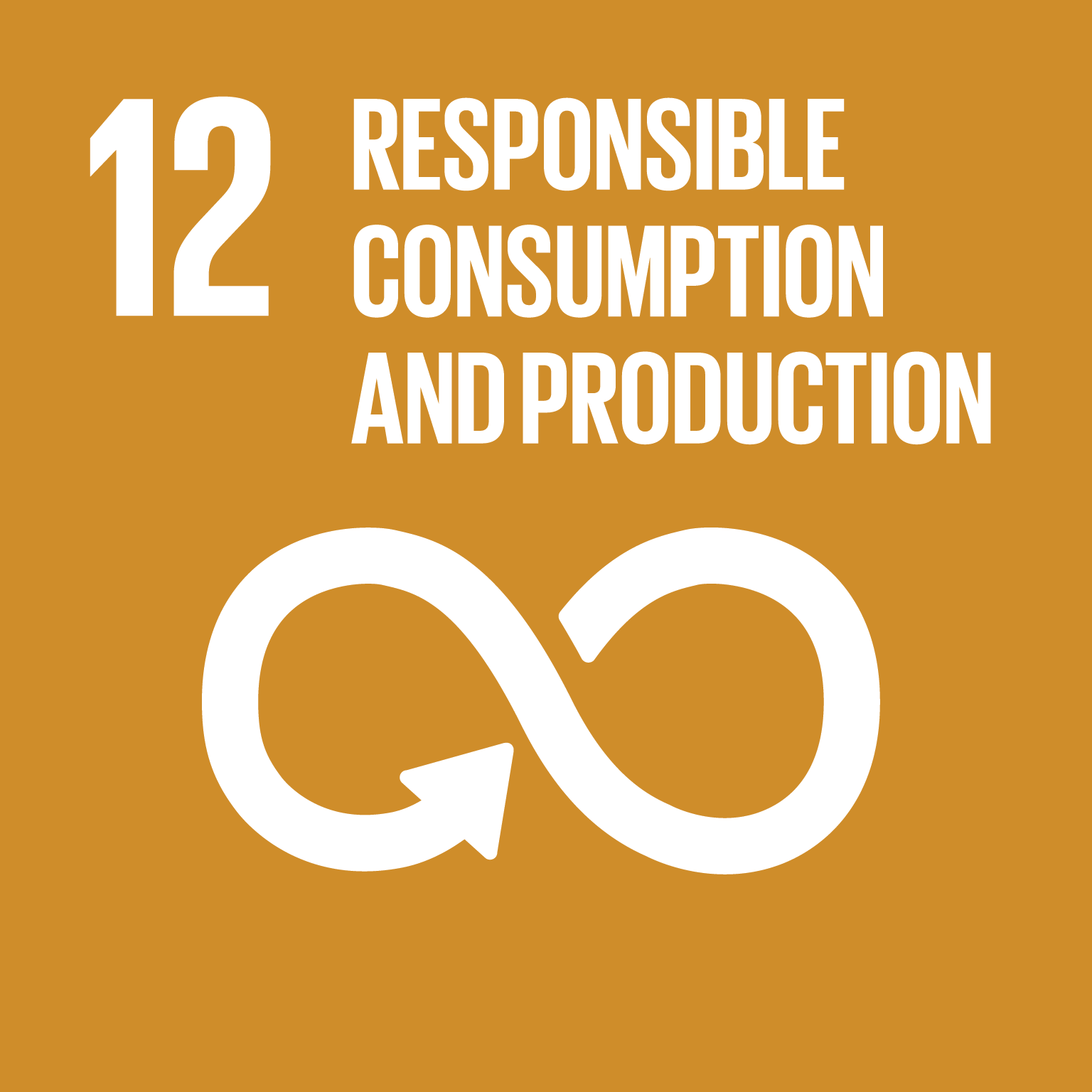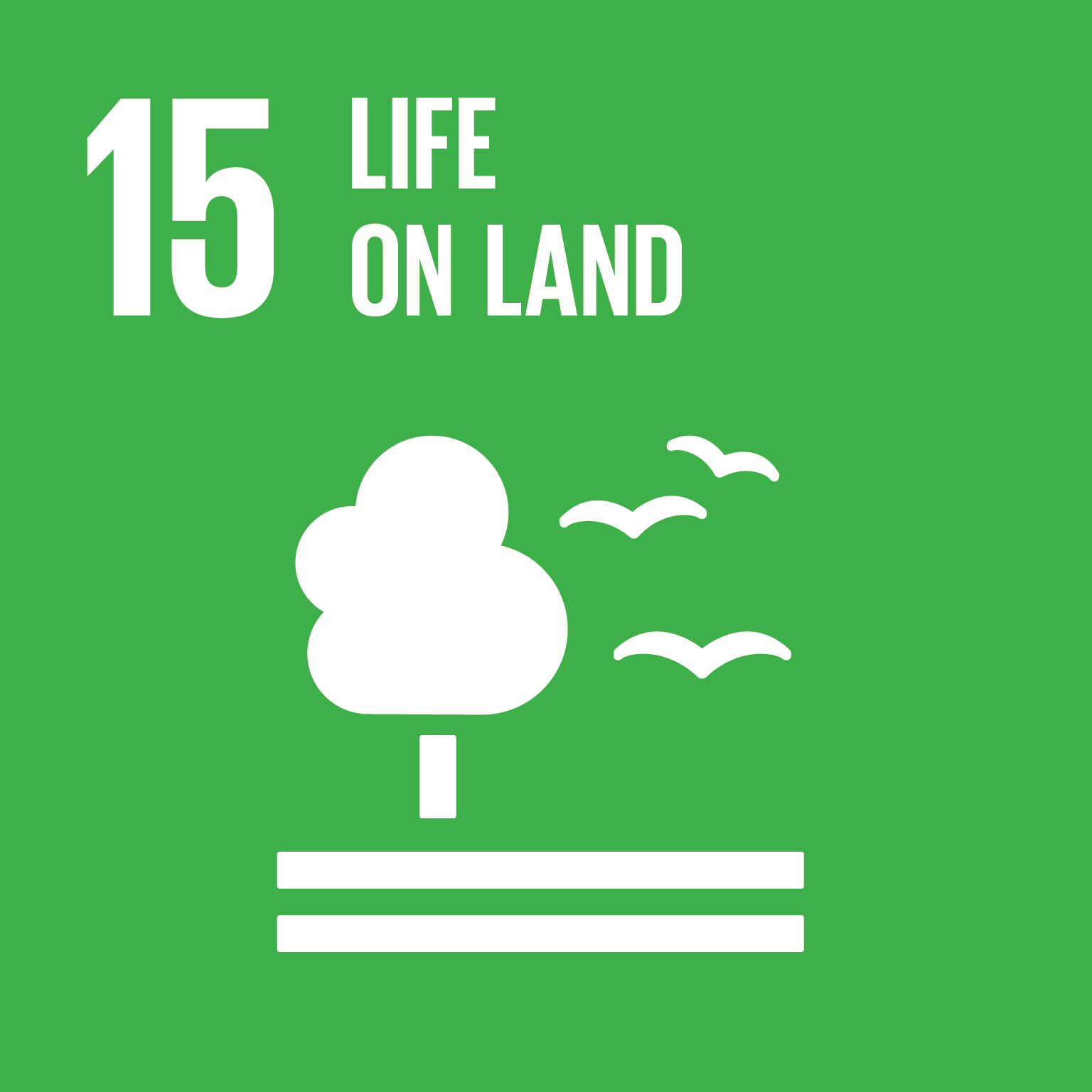
Clean Water and Sanitation
This goal consists of various targets to ensure clean water and sanitation. These targets include but are not limited to “safe and affordable drinking water”, “improve water quality, wastewater treatment, and safe reuse”, and “implement integrated water resources management”. A common challenge in this goal is providing safe water for human consumption; increasing the importance of sustainable treatment of wastewater. As an example, the presence of nitrogen and phosphorus in wastewater can harm aquatic species which requires a promising treatment for the reduction of these minerals. To this end, improving wastewater treatment techniques to significantly reduce the organic matter components might be a challenge.
Water and wastewater treatment using microalgae is an example of green treatments which could be used for various types of wastewater remediation. Various species of microalgae have been considered as suitable microorganisms to reduce COD, BOD, nitrogen, and phosphorus reduction as well as heavy metals removal from wastewater. AlgaeBrew in this case is going to investigate a sustainable treatment method to achieve considerable hazardous materials reduction in brewery wastes, trying to make a positive contribution to reaching the sustainable development goal 6.

Sustainable Cities and Communities
This goal includes several targets such as “protect the world’s cultural and natural heritage”, “reduce the environmental impact of cities” and “strong national and regional development planning”. To be more specific, these targets aim to enhance air quality, various waste management, protect natural heritage, and “social and environmental links between urban, peri-urban and rural areas by strengthening national and regional development planning”. In several ways, AlgaeBrew contributes significantly to this goal.
Microalgae are photosynthetic microorganisms, meaning that they consume CO2 during their growth. As previously investigated, microalgae can remove the environmental CO2 at higher rates than terrestrial crops. Therefore, as AlgaeBrew aims, the development of microalgae sites in or near cities can significantly reduce the CO2 emissions both directly (purging the CO2 from brewery industries in the cultivation media) or indirectly (the environmental CO2 reduction by microalgae when cultivated phototrophically). Moreover, AlgaeBrew aims to protect the environment as the disposal of brewery wastewater in its current way is costly and may have adverse effects on societies. And finally, AlgaeBrew by utilizing microalgae in sustainable communities is going to reduce the dependency on natural resources, pollution mitigation, and provide a vibrant bioeconomy and green environment.

Responsible Consumption and Production
In recent decades, irresponsible and overconsumptive use of natural resources has far exceeded our planet's capabilities. This is why responsible consumption and production are very important, reducing the harm that has currently been induced to our planet. “Sustainable management and use of natural resources”, “responsible management of chemicals and wastes”, and “substantially reduce waste generation”. Microalgae propose a wide range of applications to support this goal as they could be considered as green resources for protein, nutraceuticals, and pigments, in which AlgaeBrew brings a lot of value through applications in aquaculture, biofertilizers, and animal feed.

Climate Action
As it has been well established, climate change is a serious threat to our entire world. Climate change's main reason is greenhouse gases such as methane, nitrous oxide, and CO2, which are emitted by various human activities such as fossil fuel combustion and different industrial processes. As discussed above, microalgae are promising in the decomposition and mineralization of organic matter, wastewater management and cleanup, and the production of various metabolites. AlgaeBrew, by contributing to wastewater treatment and CO2 mitigation, takes obvious steps in line with climate change prevention.
Life Below Water
Oceans and seas cover 70 percent of our planet. Therefore, their health is essential for us, as we rely on them for food, energy, and water. The ways of protection include but are not limited to pollution elimination and overfishing. It is obvious that most of the waste we produce on land ends up in the oceans and seas. AlgaeBrew results and proposed systems for waste treatment could be performed in the treatment of various wastes to reduce their hazardous effect and propose a safe disposal method. Despite the benefit of microalgae in wastewater treatment, various solid wastes could be used as nutrients for microalgae cultivation. In addition to this, sustainable fishing is of this goal’s targets. Overfishing may cause several problems in which the fish stocks cannot be restored in a feasible time. To this end, microalgae-based feeds are rich sources of essential nutrients for fish, such as protein and omega-3 oils that are necessary for aquatic animals. AlgaeBrew, by directly contributing to a more sustainable aquaculture industry can reduce overfishing and thus achieve the targets set in Goal 14 for achieving a healthy ‘blue’ bioeconomy.
